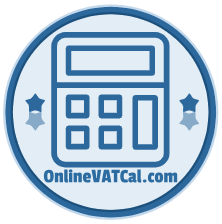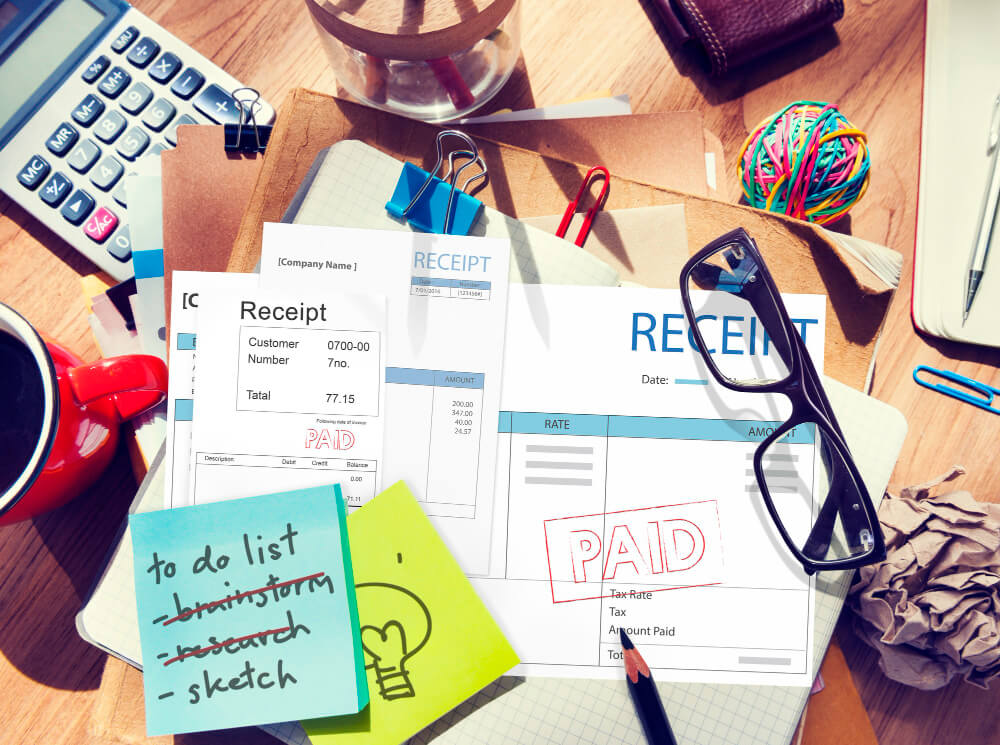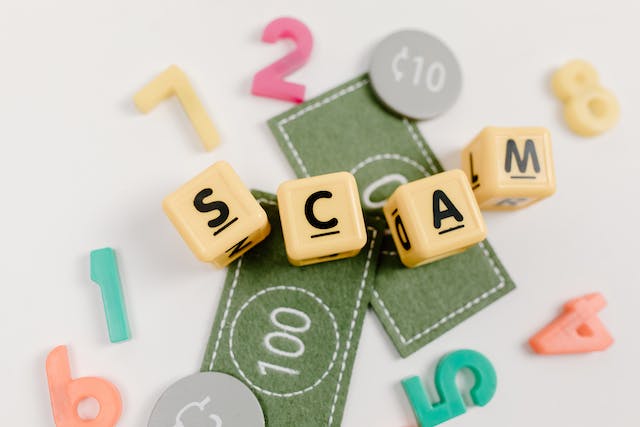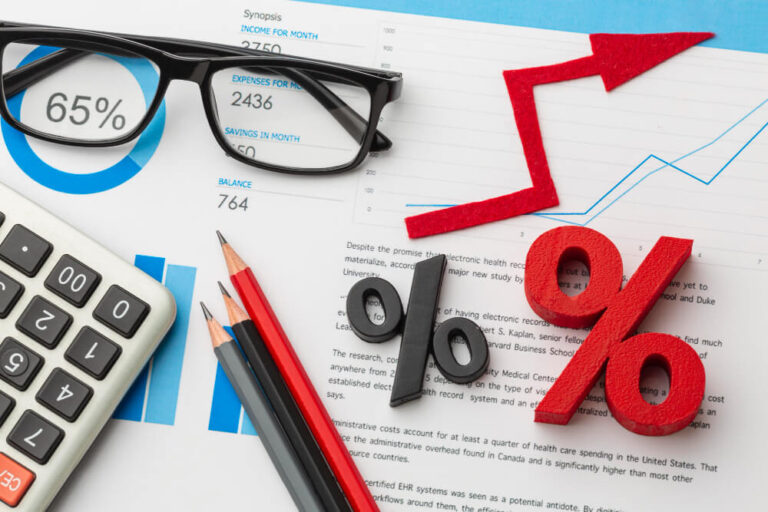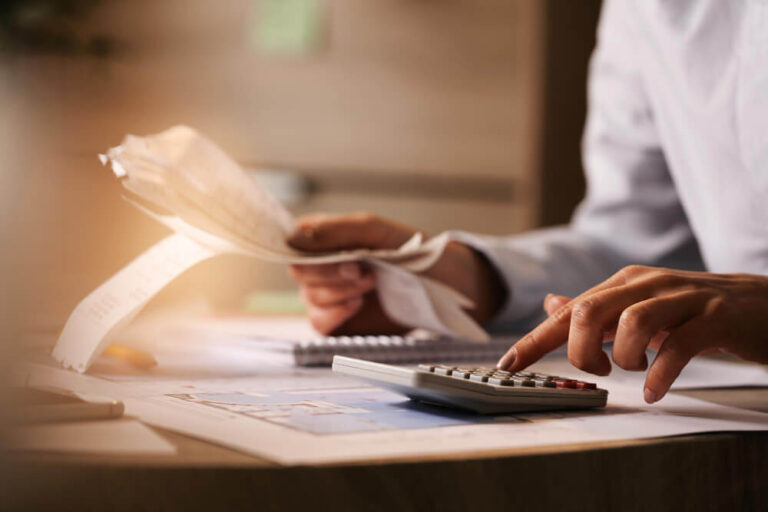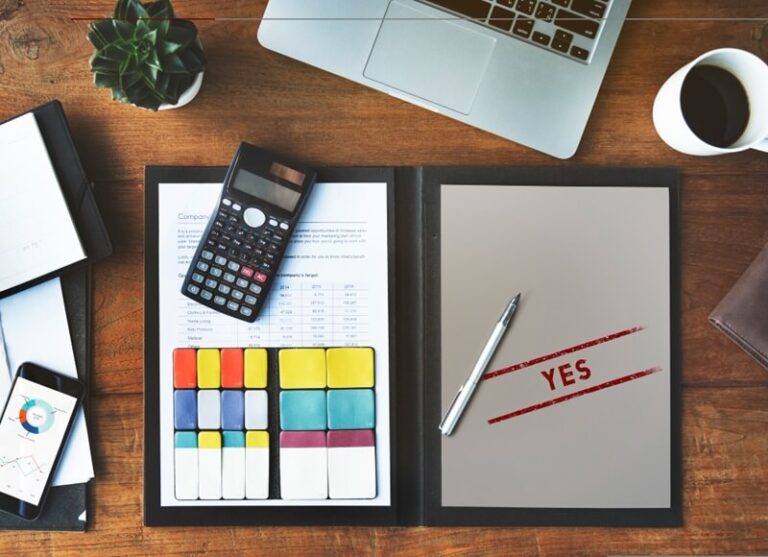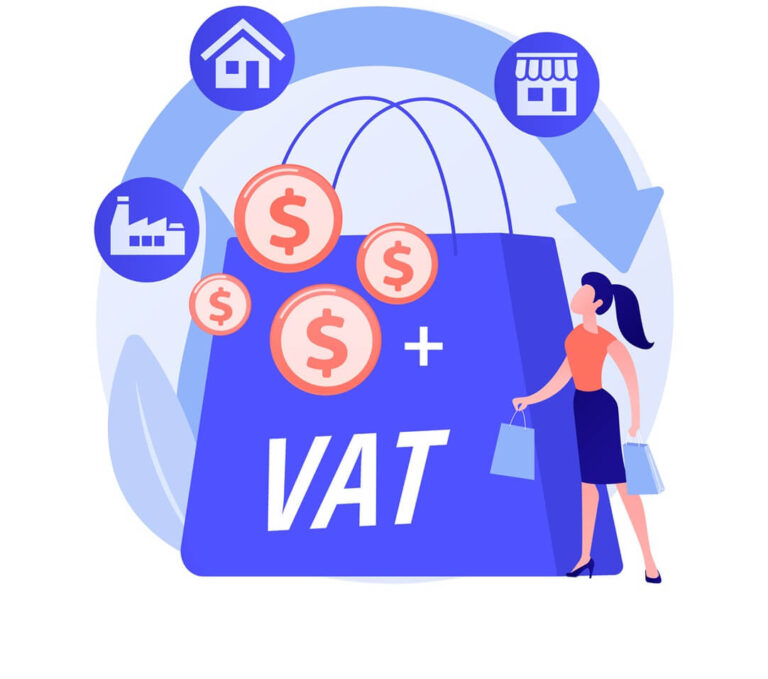VAT Optimization Guide: How to be VAT-exempt by Minimize VAT Expenses and Liabilities
Value Added Tax (VAT) is complex, with its various rates, exemptions, and reporting requirements. For many businesses, VAT represents a significant expense and administrative burden. However, with careful planning, it is possible to optimize your VAT position and lower the amount of non-recoverable VAT and compliance costs incurred. This guide explores actionable VAT optimization strategies for your business.
Focus on VAT-Exempt Goods and Services
One straightforward approach is minimizing VAT expenses by focusing on supplies that are VAT-exempt. Examples of VAT-exempt services include:
- Insurance services
- Financial services
- Education services
- Medical and healthcare services
- Postal services
If your business is able to shift its offerings to be more heavily weighted towards VAT-exempt services, you can reduce irrecoverable input VAT. You also avoid having to charge output VAT on sales. This can provide a competitive advantage.
For instance, an accounting firm could establish an independent financial advisory arm. Fees from these VAT-exempt financial services would reduce VAT costs.
Target Overseas Clients
Charging overseas clients for services avoids UK VAT entirely, provided the work is performed fully outside the UK.
For example, IT consulting delivered remotely to European clients or product designs created for an American firm in the UK but utilized abroad may qualify as outside the scope of UK VAT.
Targeting overseas customers allows charging in a VAT-free manner, boosting margins. Note that local VAT may still apply in the client’s country however.
Review VAT Recovery Opportunities
Review expenses across your business and ensure VAT is being reclaimed wherever eligible. Common overlooked areas include:
- Business use of home – Portion of household bills like heating and electricity may qualify for VAT recovery if staff work from home.
- Renewals and subscriptions – Publications, trade memberships, and online software subscriptions often include VAT recovery.
- International services – Reverse charge mechanism allows reclaiming VAT on services from overseas providers.
- Shared business expenses – VAT on services shared between multiple group entities can be reclaimed through cost sharing arrangements.
Every valid business expense that includes recoverable VAT adds up. Ensure none slips through the cracks.
Outsource VAT Management
Many businesses outsource VAT processing and returns to an accountant or bookkeeper. This not only reduces compliance workload, but often enhances VAT reclaims.
Specialist VAT accountants thoroughly review records to identify all permissible input tax recovery opportunities. They also stay on top of the latest regulations and case law which may support additional VAT deductions.
The cost of outsourcing is also a deductible business expense.
Apply for a VAT Refund
If you identify prior periods where your business failed to recoup all eligible input VAT, consider submitting a voluntary disclosure to HMRC to claim back the VAT.
There is normally a 4 year window to claim back any undeducted input VAT. The tax authority may charge small penalties but the extra refund often more than compensates.
An accountant can handle the refund application process smoothly.
Plan Purchases Around VAT Return Due Dates
To aid cash flow, time larger purchases just before your VAT returns are due to reclaim the VAT back faster.
For quarterly filers, a big equipment purchase in February enables recovering the VAT on the April VAT return rather than waiting until the July return if purchasing in March.
Implement Digital VAT Record Keeping
Maintaining proper digital VAT records minimizes risk of errors that could lead to missed reclaims or information requests from HMRC.
Capturing VAT codes at point of purchase in accounting software helps identify reclaimable input tax quickly and easily.
Seek Prompt VAT Refunds When Exporting
If your business exports products or services, submit VAT refund claims promptly after each VAT period end to quickly recover the associated input VAT on expenses.
The refund turnaround timeframe varies. Submitting refund claims sooner improves business cash flow.
Consider Joining the Flat Rate VAT Scheme
Smaller businesses can benefit by joining the flat rate VAT scheme. It simplifies compliance and expenses by allowing a fixed-rate VAT deduction based on your industry sector.
Summary
With good VAT management and optimization practices, businesses can minimize unrecoverable VAT expenses and streamline compliance:
- Focus on VAT-exempt supplies where possible
- Target overseas customers
- Review and maximize VAT recovery opportunities
- Outsource to VAT specialists
- Carefully time major purchases
- Maintain proper digital VAT records
- Seek prompt refunds on exports
The many intricacies of VAT make working with a professional advisor a smart investment to nail VAT optimization. Doing so saves time, money and administrative headaches.
